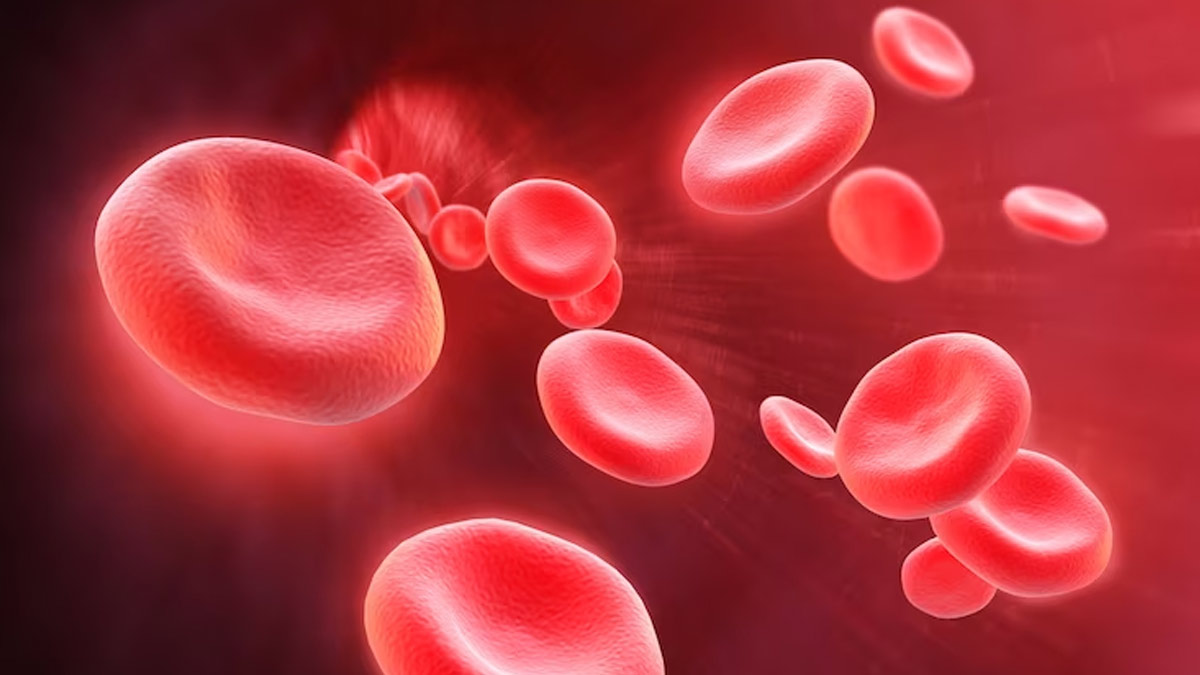
Donating blood is a noble act that can save lives. However, it's essential to ensure the safety of both donor and recipient during the process. Before heading to a blood donation center, consider this pre-blood donation checklist to make the experience smooth and successful.
Table of Content:-
Blood transfusion saves lives and improves health, but many people who need them do not have timely access to healthy blood. As per World Health Organisation, every country's national health care strategy and infrastructure should include provisions related to safe and enough blood supply.
Eligibility
Check if you meet the eligibility criteria set by the blood donation center. Criteria may include age, weight, and general health conditions.
“The age of the donor is an important factor in evaluating eligibility for blood donation. In most countries, you must be at least 18 years old to give blood. This criteria ensures that donors are of legal age and capable of making an educated decision about their health,” said Dr Sangeetha Gayam, Head of Department of Transfusion Medicine, Citizens Specialty Hospital, Hyderabad.
Health Assessment
Ensure you are feeling well on the day of donation. Donors should be free from illnesses, infections, or cold/flu symptoms. Some health conditions like HIV, hepatitis B or C, syphilis, or malaria, chronic conditions like epilepsy, certain cardiac illnesses, or blood abnormalities may disqualify you from donating blood.
Also read: New blood donation guidelines: Male donors may have to fill in extra details
Hydration
Drink plenty of fluids in the 24 hours leading up to your donation. This helps maintain blood volume and makes the process more comfortable.

The American Red Cross suggests consuming an additional 16 ounces, or 2 cups, of water before donating blood. Other non-alcoholic beverages are acceptable.
Balanced Meal
Have a nutritious meal before donation, including foods rich in iron. Avoid fatty foods, as they can affect the blood tests conducted on your donation.

Although heme iron is more successful in increasing iron levels, vitamin C can help your body absorb plant-based iron, also known as nonheme iron. Many fruits are rich in vitamin C.
Medications
Inform the blood donation staff about any medications you are currently taking. Certain medications may affect your eligibility or the safety of the donation.
Travel History
Be prepared to answer questions about recent travel, especially if you have been to areas with a risk of certain infections.
Also read: 3 health benefits of blood donation that you did not know about
Donor History
If you've donated blood before, provide information about your previous donations, including the date and location.
Post-Donation Care
After donating, take a few minutes to rest and have a snack provided by the donation center. Avoid strenuous physical activity for the rest of the day. A 2015 study discovered that taking iron supplements can drastically shorten the recuperation time.
By following this pre-blood donation checklist, you may help ensure a good and effective blood donation experience. Remember that donating blood is a simple but effective method to make a difference in someone's life.
If you have any questions or concerns about the process, always contact the blood donation center's staff. Your donation can help save lives, so thank you for considering and taking part in this important act of kindness.
Also watch this video
Read Next
Columbia Study Finds 2,40,000 Nanoplastics In 1L Bottled Water: Here’s How It Can Damage Your Health
How we keep this article up to date:
We work with experts and keep a close eye on the latest in health and wellness. Whenever there is a new research or helpful information, we update our articles with accurate and useful advice.
Current Version
